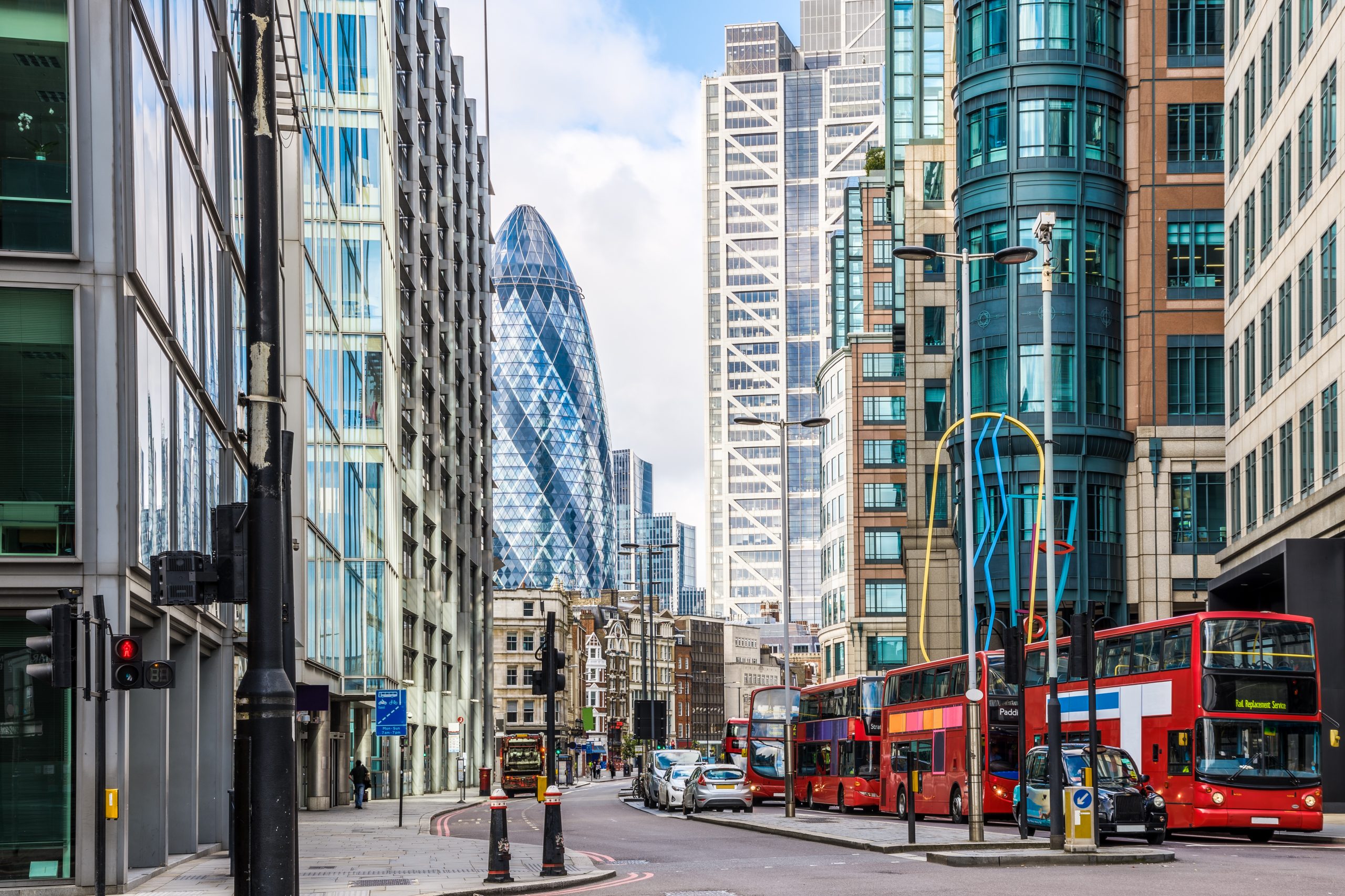| The measures to prevent struggling companies from eviction over the summer have just been extended until the end of September, the government has announced.
The suspension of the forfeiture of an evictions will come as a relief in particular to those in the retain and hospitality sector. The move is in an attempt to provide local businesses with additional financial breathing space so they can plan for economic recovery following the coronavirus pandemic. The government are also bringing in legislation to prevent landlords from using Commercial Rent Arrears Recovery unless they are owed 189 days of unpaid rent. The time period for which this measure is in force will be extended from June 30 to September 30. So, what is Commercial Rent Arrears Recovery (CRAR)? It is a statutory procedure which allows landlords of commercial premises to recover rent arrears by taking control of the tenant’s goods and selling them. Finally, a new code of practice has been developed with leaders from the retail, hospitality and property sectors. The aim of this is to give clarity for businesses when discussing rental payments and to encourage best practice so that all parties feel supported. The key guiding principles of the code are:
The code is voluntary for businesses and is relevant to all commercial leases held by businesses in any sector which have been impacted by the coronavirus pandemic. In the code, tenants are advised to continue to pay their rent in full if they are in a position to do so and it also advises that others should pay what they can. It also acknowledges landlords should provide support to businesses if they too are able to do so. It is hoped that the code will encourage tenants and landlords to be transparent in their discussions and to act reasonably and responsibly whilst recognising the impact that coronavirus has had on businesses’ finances. If you would like advice on commercial property either as a tenant or a landlord, please contact property@backhouses.co.uk.
|


